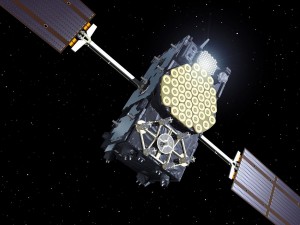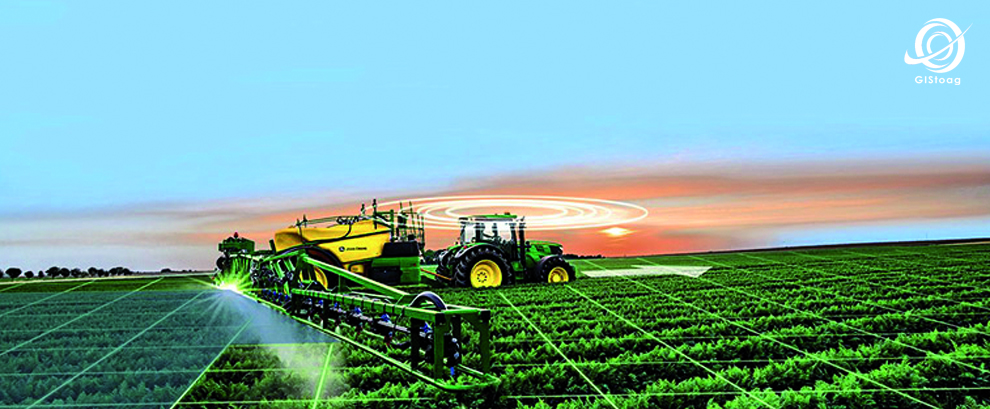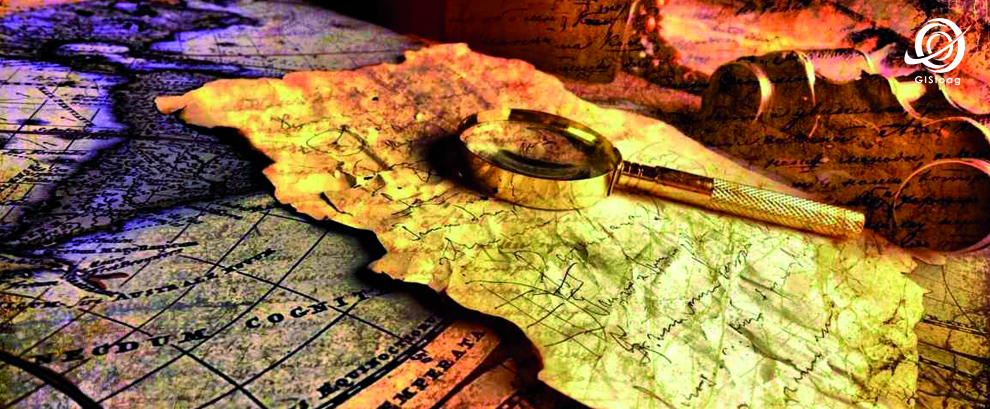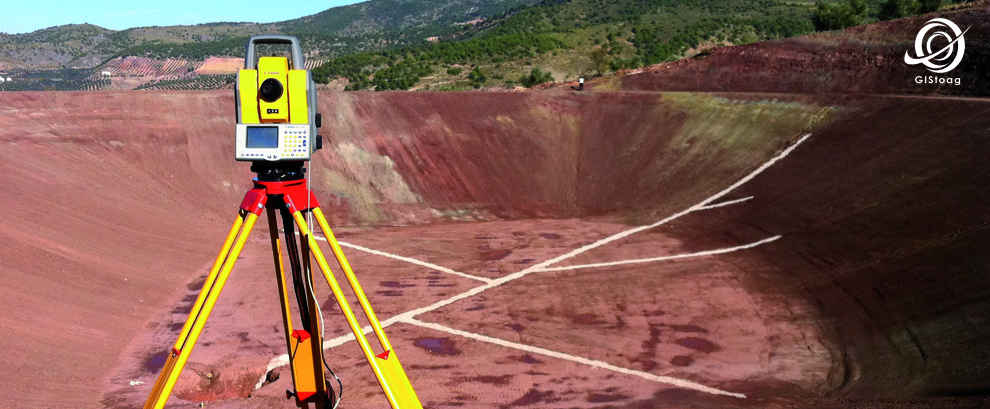
Vice-President Maroš Šefčovič Commission, Union responsible for Energy, has declared: "The geolocation is an essential aspect of the current digital revolution it offers new services that transform our daily lives. Galileo tenfold the accuracy of geolocation and encourage the next generation of location-based technologies, as autonomous cars, connected devices, or services smart cities. Today I appeal to European entrepreneurs and tell them: imagine what can be done with Galileo; do not expect, innovad.»
Meanwhile, la Comisaria Elzbieta Bieńkowska, for the Internal Market, Industry, Entrepreneurship and SMEs, has declared: "The initial Galileo services represent a significant achievement for Europe and the first result of our recent Space Strategy. They are the product of a concerted effort to design and build the system more accurate satellite navigation world. Demonstrate the technological excellence in Europe, their knowledge and commitment to providing services and space-based applications. No European country could have done it alone. "
With the declaration of initial services, that the European Commission may formally launched in Brussels on Thursday 15 from December, Galileo will begin offering, in combination with GPS, the following free services:
• Ayuda en operaciones de emergencia: Actually, detect a person lost at sea or in the mountains can last hours. With the search and rescue (SAR), a person to make a distress call from a beacon compatible with Galileo can be found and rescued more quickly, since the detection time is reduced to just ten minutes. This service should be improved in the future, notifying the sender of the emergency call has been located and sent him help.
• more precise navigation for citizens: Galileo open service will offer a free commercial service positioning, navigation and timing that can be used by integrated circuits with Galileo compatible smartphones or car navigation systems. Some of these smartphones are marketed since autumn 2016, and now they can use the signals to provide a more accurate positioning. En 2018, Galileo will be built into all new car models sold in Europe, with what best offer navigation services in various products and allow the emergency call system eCall. Persons using navigation devices in cities, where tall buildings often block satellite signals, They will particularly benefit from increased positioning accuracy offered by Galileo.
• Best time synchronization of critical infrastructure: Thanks to its high precision watches, Galileo will offer a more robust time synchronization in banking and financial operations, telecommunications and energy distribution networks, as smart grids. This will help develop such activities more effectively.
• insurance services for public authorities: Galileo will also provide support to public bodies, such as civil protection services, humanitarian aid services, customs agents and police, through the public regulated service. It will give the government a particularly strong service and fully encrypted in situations of crisis or national emergency, as terrorist attacks, to ensure continuity of service.
The Declaration initial Galileo services means that satellites and ground infrastructure of Galileo are ready from the operational point of view. These signals are very accurate, but will not be available at all times. Because, in the initial phase, the first Galileo signals will be used in combination with other satellite navigation systems, as GPS.
To extend the Galileo constellation, in the coming years new satellites will be launched, gradually improve the availability of Galileo worldwide. It is expected that 2020 the constellation is complete and Galileo reaches full operational capacity.
Galileo is the global system of European satellite navigation. It offers a wide range of advanced services positioning, navigation and timing services to users worldwide. Interoperability of Galileo with GPS is complete, but Galileo will provide a more accurate and reliable positioning to end users.
Nowadays, the Galileo constellation already has 18 satellites, all of which are in orbit. It is anticipated that the entire constellation has 30 satellites and is complete in 2020.
The initial Galileo services are managed by the European GNSS Agency (GSA). The entire Galileo program is managed by the European Commission, which it has transferred to the European Space Agency (AEE) the responsibility of system deployment and technical support to operational tasks.



















Recent Comments